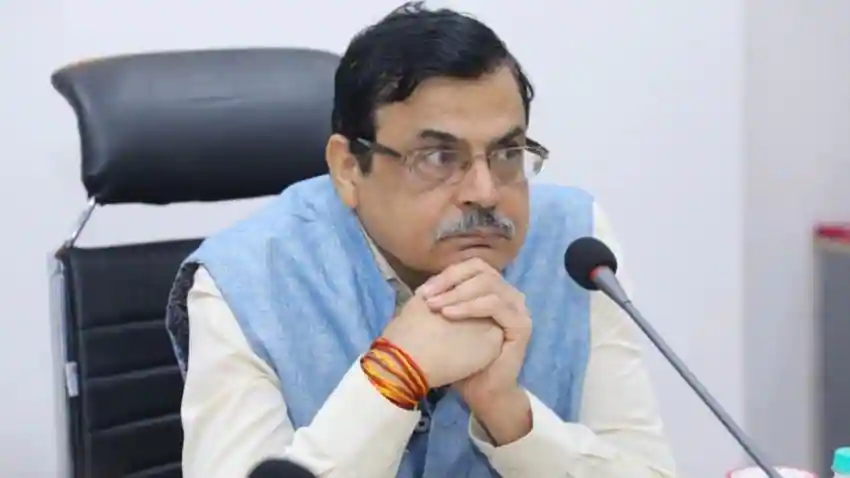
CBDT chairman Nitin Gupta reveals what Income Tax department is doing to check tax evasion
The Income Tax Department will enter the “new field of economic fields” of the economy to examine tax avoidance even when the investigation unit uses analytic to filter out a lot of data about Indians who hold assets abroad, said CBDT Chairman Nitin Gupta.
Direct Tax Center Council, Administrative Agency for the Tax Department, conducts search and confiscation operations to examine examples of tax avoidance in addition to carrying out regular tasks to collect income for the government under the direct tax category. We include various economic sectors (when searching and raids). We do not limit ourselves to real estate or developers … Our actions are spread throughout the economic section directly from health care to pharmacy to developers to industry, producers, service providers etc.
“We touch new fields and various economic sectors that have never been touched such as asset reconstruction companies, playing games, betting etc.,” Gupta said during interaction. I can say that our distribution is very comprehensive, “he said when asked about the new tax evasion trend witnessed by the tax officer.
The Head of CBDT said India also received “large” data through CRS (General Reporting Standards) and Fatca regime (Foreign Tax Compliance Law) from various countries apart from several global tax leaks in Indians who hold assets abroad. While CRS is a global uniform standard for automatic exchange of financial account information, Fatca is a tax information reporting regime between India and the US which requires financial institutions to identify their US accounts through increasing complete test reviews and reporting them regularly to each other.
“We have received comprehensive information from Panama, Paradise and Pandora Papers (global tax data leaks owned by various individuals and entities) and while they are a limited number of cases, we ‘fill out’ this information into CRS and Fatca to be set aside data for us Use, “said the Chairman of the CBDT. All of these data, received until 2019, are being examined by the Department’s Investigation Unit. “We use data analysis and risk analysis to identify which cases can be more potential for investigative purposes,” Gupta said.
He said the data shared by foreign jurisdiction as part of a very large joint tax cooperation and the tax department must filter it to find cases that can be followed up. This process takes time because it involves many layers of analysis because sometimes individuals are only identified with the initials and in many cases they are not residents, he said. Speaking of a new facial tax regime, Gupta emphasized that departmental efforts were to alleviate matters for taxpayers or assessments.
“Taxpayers are our main stakeholders, they are the center of attention and with them in the mind, we have issued several new SOPs (for facial schemes) for compliance by our officers. “There may be system disorders and we work to improve processes that can be beneficial for taxpayers and fulfill their aspirations. Our efforts are not shaken and we consistently do it,” he said.
CBDT, earlier this month, issued a series of internal guidelines or standard operating procedures for the Department of Income Tax that judged officers to reduce the “procedural error” and streamline the facial assessment system for taxpayers. According to the data, the department has completed more than 2.8 cases under the faceless assessment scheme (FAS) launched by the government in 2019-20.
In the main focus area for the department, Gupta, who took over as the head of the CBDT at the end of June, said several problems “urgent human resources”, including on time promotion and get the right way for officers and staff with income tax income tax Department and ensure better taxpayer services are the target.

